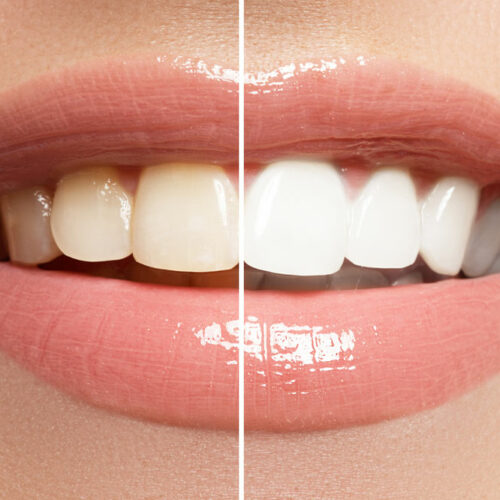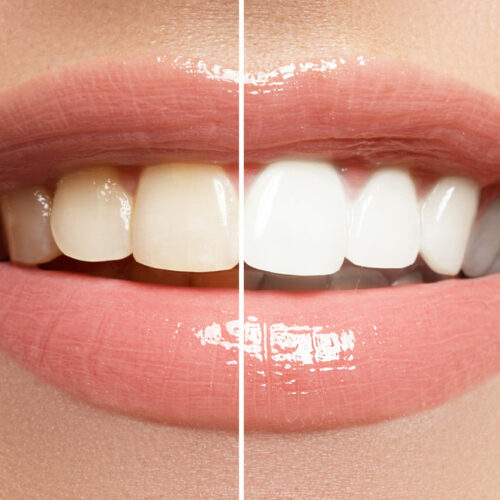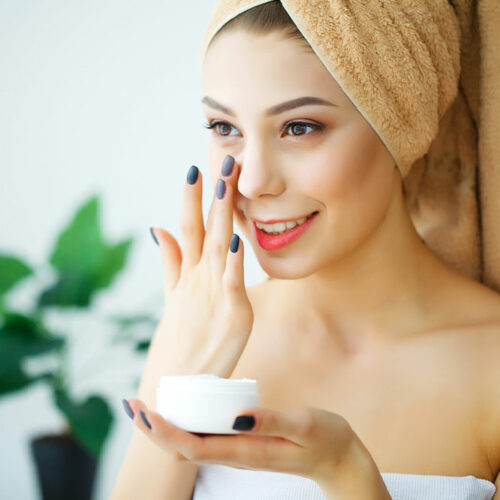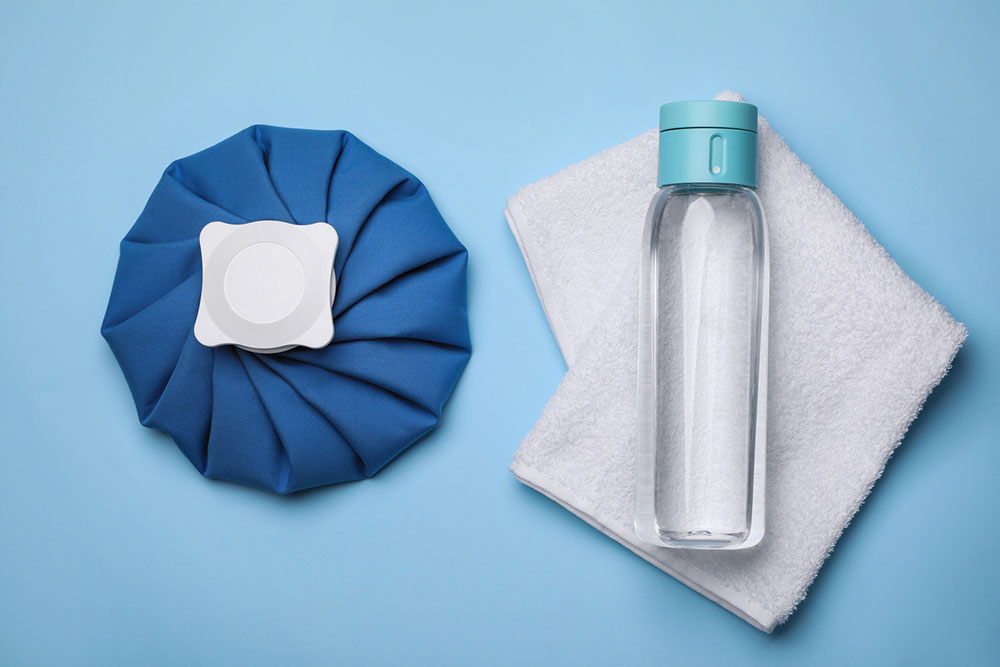5 benefits of using a dental guard
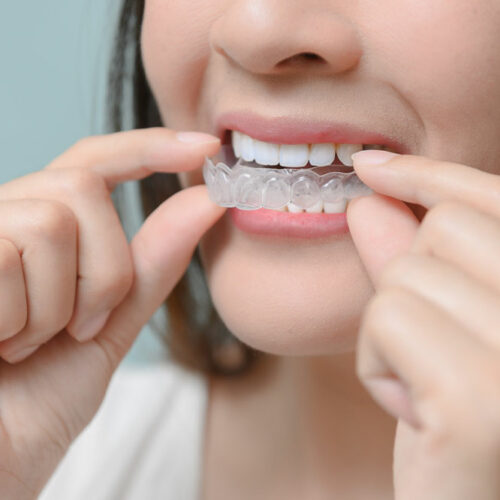
People try a range of devices to maintain the health of their teeth. Among all these products are dental night guards, devices that serve multiple purposes for maintaining oral health. As for their popularity, studies show that the night guard market may grow to about $1,627 million by the end of 2030. For those planning on getting one, here are five benefits of using a dental guard. Read on to know. Prevents tooth damage Several individuals suffer from bruxism, a condition where one unknowingly clenches or grinds teeth while sleeping. The condition may also be triggered subconsciously when the person is awake or due to mental stress. Using a dental guard may help protect the teeth from damage by cushioning the teeth at all times. Reduces jaw pain and headaches Bruxism often leaves one with terrible headaches when they wake up due to the stress applied to the jaw. Here’s where wearing the dental guard at night will curb the condition, which may help reduce further complications. Improves quality of sleep Excessive cleaning or grinding of teeth at night may often lead to one waking at odd times through the night. And this may hamper the number of hours one sleeps.
